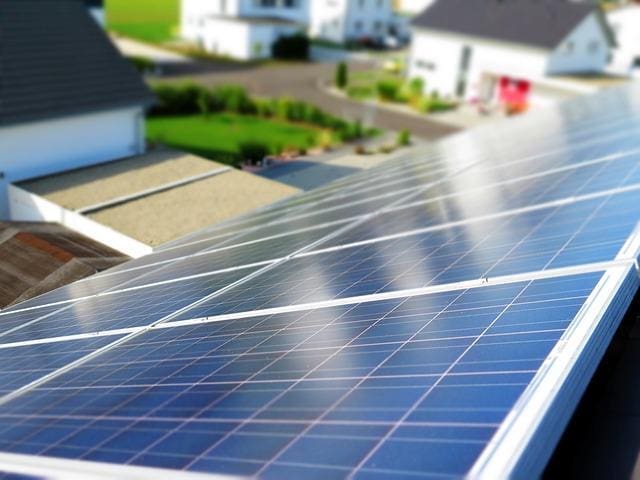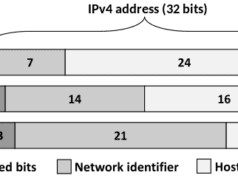The grid is more fragile than ever, and many parts of the country frequently see rolling blackouts. This is one of the reasons that backup generator sales are higher than ever these days. It is more important than ever for homes and businesses to have a plan for when the lights go out.
This is why so many people are looking into solar to avoid having their power go out during an emergency. It seems the perfect solution since the sun can shine during an emergency and provide you with plenty of power during a blackout. Things aren’t so simple, so we will go over what you need to know about them in this article.
Solar generators
A solar power station or generator is one of the best ways to use solar during a blackout. They provide a safe backup energy supply that rivals many gas-powered generators.
Since you can’t use a gas generator indoors, a solar system is a much better option since there are no emissions. It can be used indoors or out, depending on your needs. They are also much smaller and tend to be used as potable options for things like camping. Having a lot of options for use make it a better value, even considering the Ecoflow Delta Max price.
Another benefit is never needing to worry about running out of fuel. You can use the panels to continue to create energy as long as the sun is shining. Of course, the downside is that if there isn’t any sun, your battery will eventually give up, and there won’t be a way to recharge it.
However, this isn’t much of a problem for most people as the battery can power the essentials over the course of a couple of days if you are smart about the usage.
Whole house solar systems
Things get tricky when you have a solar system on your house, not a generator. Many people assume that they will always have power, even when there is a blackout. If you are off the grid, you will, but those still connected to the grid may find themselves dealing with the same blackout even though they can produce their own energy.
The way that solar power works is that the panels take the sun’s rays and turn them into DC power. Home electrical systems run on AC, however. This means that the power generated by the panels has to be converted before you can use it, or it will be very dangerous.
If your unused solar energy goes back into the grid, you send DC current into the wires that workers will be trying to repair. This would result in them getting electrocuted by your power.
Those using solar power but are still connected to the grid are using a net metering system, which is how excess solar power gets back into the system.
Featured Image by moerschy from Pixabay




